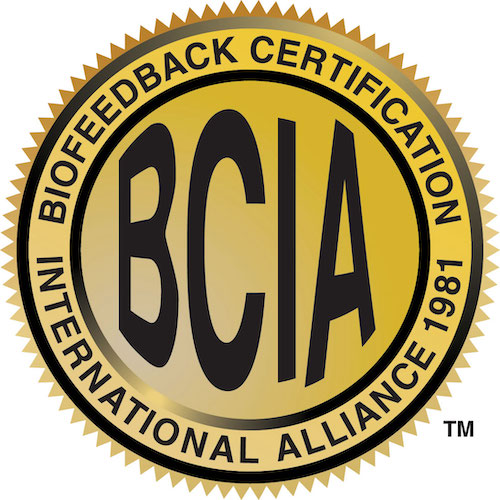- Home
- About Us
- Certification Programs
- Modalities Comparison Chart
- Biofeedback
- Neurofeedback
- HRV Certification/Certificate
- Pelvic Muscle Dysfunction Biofeedback (PMDB)
- International
- Find a Practitioner/Mentor
- Certificants
Recording Available!BCIA 2024-07 HRV Clinical Update: Improve Client Care by Dispelling HRV Myths Friday, July 26, 2024; 2:00PM EST, 1:00PM CST, Noon MST and 11:00am PST Presented by: Dr. Fred Shaffer, BCB, BCB-HRV HRV indexes how efficiently we mobilize and utilize limited self-regulatory resources to maintain homeostasis. HRV plays a vital role in regulatory capacity, executive functions, health, and performance. This webinar addresses misconceptions regarding cardiovascular health, HRV measurement, and HRV biofeedback training. Dr. Shaffer highlights the importance of context and individual differences in interpreting HRV. He debunks common misconceptions to improve HRV biofeedback training for health and performance. CLICK HERE to purchase! August 23, 2024 BCIA NF Mentoring Webinar: Neurofeedback Mystery Theater, presented by Dr. Ron Swatzyna - more information coming soon! Thank you, BCIA Staff
We value your opinions and suggestions as we strive to make the website informative and convenient for you. Please contact us at [email protected] with any comments, corrections or suggestions.
Recertification Fees in Biofeedback, Neurofeedback, PMDB and HRV Certification: Dates and Fees:
Your certification remains valid through the end of your recertification year, however, BCIA offers a price break for filing your application early. Your new certificate will not be mailed to you until early September to avoid the possibility of loss. Candidates for recertification must complete 48 hours of accredited continuing education related to the Blueprint (Senior Fellows and Technicians only 30 hours).
Please note if you are currently certified in more than one area (Biofeedback and Neurofeedback or Biofeedback and PMDB), each recertification fee is reduced by $25. Recertification ApplicationBCIA certifies individuals who meet education and training standards in biofeedback and neurofeedback and progressively recertifies those who advance their knowledge through continuing education.BCIA works to serve the field of applied psychophysiology and biofeedback and most importantly you, our clients, who visit our website, apply for certification and recertification, enroll in continuing education activities, or have expressed interest in our programs. We hope you’ll find the information on our website beneficial. |
